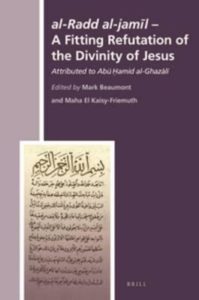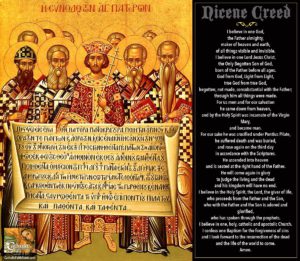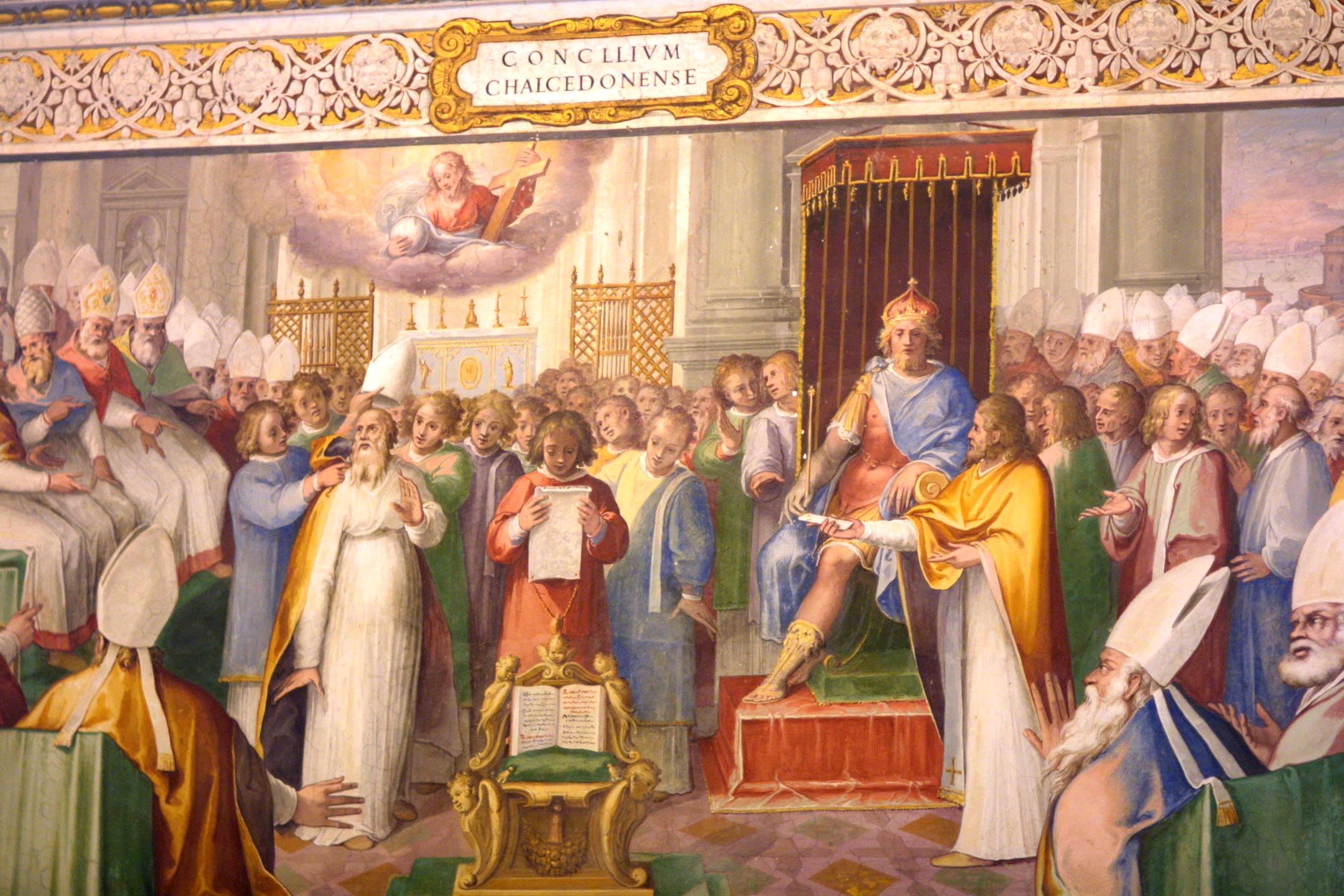
I. Al-Ghazali’s Erroneous Understanding of the Incarnation.
Al-Ghazali’s understanding of the incarnation is derived from the Egyptian Jacobites who believed that the incarnate Christ comprises a mixture of divine nature and human nature:
God created the humanity of Jesus, on him be peace, then he appeared in it, and united with it. They mean by the union that a connection occurred between him and it like the connective relationship between the soul and the body. Then with this connective relationship, a third reality occurred, different from each of the two realities, composed of divinity and humanity, and having the attributes of all that is required from each of them, with respect to him being God and man. [Al-Radd, pp. 127, 129]
The Jacobites represented the more extreme wing of monophysitism [from monos (single) and physis (nature)] followed Eutyches who taught that either the two natures of Christ must have been fused into a tertium quid [(a third thing that is indefinite and undefined but is related to two definite or known things] or that the humanity must have been swallowed up by the divinity. [J.N.D. Kelly, Early Christian Doctrine 5ed. (A & C Black, 1977), p. 333] God created the humanity of Jesus and then united with it in such a way that the third reality which results from this connection shares all the attributes of divinity and humanity. Continue reading “Answering al-Ghazali Refutation of Jesus’ Divinity Part 4. The Coherence of the Incarnation”


 Dog-Thoughts as we enter into the Year of the Dog: Part 4
Dog-Thoughts as we enter into the Year of the Dog: Part 4